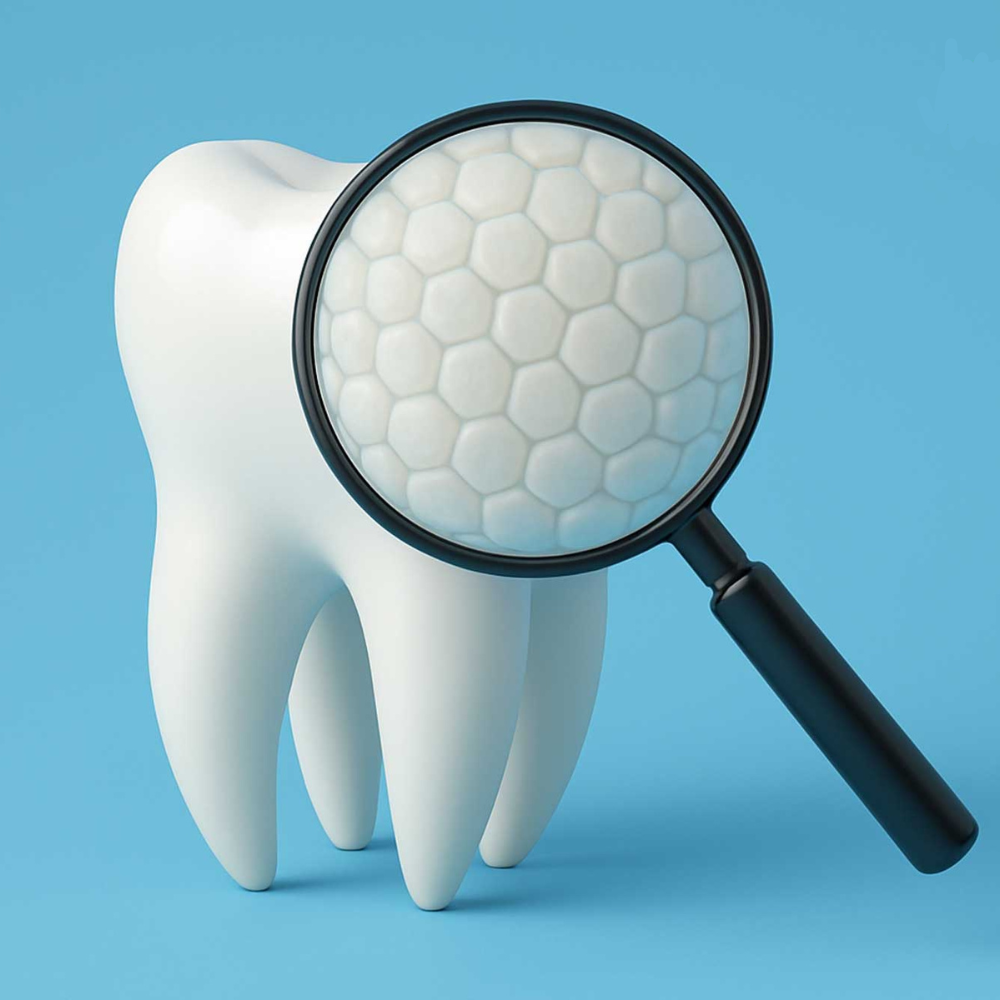Watching your child grow comes with many milestones, and dental care is one of the most important. From the first tiny tooth to the arrival of wisdom teeth, understanding what to expect helps you protect your child’s smile at every stage.
At Blue Whale Dental, our pediatric dental specialists in NYC focus on gentle, preventive, and holistic care to support healthy teeth and gums from infancy through the teen years. This guide explains everything parents need to know about early dental visits, tongue ties, brushing routines, and wisdom teeth management.
Tongue Tie in Babies: The First Step in Oral Health
For some babies, dental care begins before their first tooth even appears. Around 5% of newborns are born with tongue tie (ankyloglossia), a condition where the small tissue band under the tongue, called the frenulum, is too tight. This can limit movement and cause feeding or speech difficulties.
At Blue Whale Dental, our pediatric team can perform a gentle in-office tongue tie release. The procedure helps improve your baby’s feeding comfort and supports proper speech development as they grow.
When to Take Your Child to the Dentist
The American Dental Association (ADA) recommends scheduling your child’s first dental visit by their first birthdayor within six months after the first tooth appears.
Before the first visit, you can clean your baby’s gums with a damp, soft cloth or a silicone finger brush. This removes bacteria and helps your child get used to oral care early on.
Brushing, Cavities, and Early Habits for Strong Teeth
Once more teeth start coming in, make brushing a part of your child’s daily routine. Encourage brushing twice a dayusing a soft-bristled toothbrush and a small amount of fluoride toothpaste. Focus on molars, as they are often the first teeth to develop cavities.
If your child does get a cavity, there is no need to worry. Our dentists use modern, gentle techniques to restore teeth comfortably and keep the experience stress-free.
Wisdom Teeth in Teens: What to Expect
Wisdom teeth typically appear between ages 17 and 25. Some people never need them removed, while others may experience discomfort or crowding as they grow.
Our dentists use digital X-rays to monitor the development of wisdom teeth and recommend removal only if it is necessary. If extraction is required, the process is safe, comfortable, and carefully planned for a smooth recovery.
For more guidance on sugar and oral health, visit the American Dental Association’s guide.
Children’s Dental Milestones: What Parents Can Expect
| Age Range | Dental Milestone | What Happens | Parent Tips |
|---|---|---|---|
| 0 – 6 Months | Gum cleaning | Gums begin developing | Wipe gums gently after feeding |
| 6 – 12 Months | First tooth appears | Usually the lower front teeth | Schedule the first dental visit |
| 1 – 3 Years | All baby teeth erupt | Full set of primary teeth | Brush twice daily with fluoride toothpaste |
| 4 – 6 Years | Cavity-prone years | Molars emerge | Introduce daily flossing |
| 7 – 12 Years | Mixed dentition | Baby and adult teeth together | Regular checkups every 6 months |
| 13 – 17 Years | Permanent teeth form | Adult smile develops | Maintain good brushing and diet habits |
| 17 – 25 Years | Wisdom teeth | May erupt or stay impacted | Dentist will evaluate with X-rays |
Tracking these stages helps parents stay informed about what to expect and when to schedule dental visits.
Healthy Dental Habits to Follow at Home
Developing good oral care routines early helps your child maintain strong, healthy teeth. Here are a few habits our team recommends:
- Brush twice a day with fluoride toothpaste
- Start flossing when teeth begin to touch
- Ask about fluoride treatments during checkups
- Limit sugary snacks and sticky candies
- Offer water instead of sugary drinks
- Visit the dentist every six months
These small habits make a big difference in preventing cavities and keeping your child’s smile bright.
FAQs About Children’s Dental Care
When should I schedule my child’s first dental visit?
By their first birthday or within six months after the first tooth appears. Early visits help prevent dental problems.
What if my baby has a tongue tie?
A tongue tie release is a quick and gentle procedure that improves feeding and speech development.
How can I prevent cavities in my child’s teeth?
Brush and floss daily, limit sugary foods, and schedule regular checkups for cleanings and fluoride protection.
Does my teen need wisdom teeth removal?
Not always. Your dentist will monitor their development and recommend removal only if needed.
How often should children see a dentist?
Every six months for preventive care and early detection of dental issues.
Final Thoughts
Your child’s dental health journey begins early and continues through every stage of growth. From baby teeth to wisdom teeth, regular checkups and daily care help build a foundation for a lifetime of strong, healthy smiles.
At Blue Whale Dental, we combine preventive care with a gentle, educational approach so every visit is positive and stress-free.
Book an appointment today to start your child’s journey toward lasting oral health and confident smiles.



